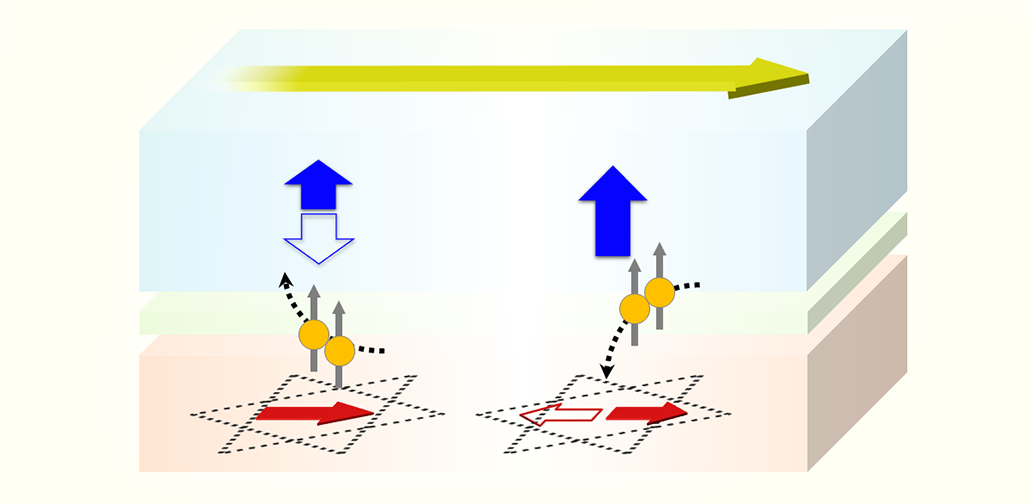The disability sector and people living with disability are neither shocked nor surprised by the findings of the Royal Commission, sector reform advocate Mr River Night said today.
“Our voices join those of the victims and their families – those who have and continue to call for reform; desperate for these stories to be told and for lasting change,” Mr Night said.
“The release of the findings of the Royal Commission is so welcome. It is the day that the people who have been affected; the families and friends of those who have endured unacceptable treatment, abuse and neglect, are heard.
“But the bottom line is we didn’t need a Royal Commission to know what’s broken. We needed a way for all Australians to wake up and see what state the sector is in and appreciate why reform is necessary.”
Mr Night praised the courage and commitment of those who contributed to the Royal Commission by telling their stories.
“The Report is full of terrible things that should never have happened but did. The legacy and generational trauma and impact on the people who have experienced these acts is ongoing and it’s compounded because this is not history it’s still happening. Every day. Right now.
“The courage of those who were involved in telling these stories cannot be understated.
Mr Night said there were repeated examples of agencies not learning from their mistakes and allowing abuse to happen over again.
“And now the buck needs to stop. Many of the cases and matters raised cannot wait another day for action and they certainly cannot wait till the next election year,” he said.
We need every stakeholder involved in decision making and policy change working now to safeguard the most vulnerable in our community and build a sector all Australians have a right to feel safe in.
While the recommendations are many, we are waiting on the basics. Government has the basics. Some of the recommendations are for safeguards and programs that were in place before the role out of NDIS 10 years ago,” he said.
“Removing the limited safeguards that did exist created the perfect scenario for abuse, neglect and exploitation.
“While I applaud the work of the Commission and review it feels like another opportunity to stall urgent changes. I am pleased the Report is now delivered. 10 years is long enough to work out the issues for NDIS.
Mr Night said the biggest problems had occurred in the last three years with the centralisation and dehumanising of processes.
He said in person and face-to-face contact no longer or rarely exists due to the long-lasting effects of the pandemic. We cannot treat human beings like car manufacturing, and we cannot manage people’s individual needs with a broad-brush approach.
“If we don’t get back to basics using human approaches to human services, NDIS will be the next robodebt,” Mr Night warned.
“Living with disability and not being neurotypical, perhaps I walk forward when I should slow down and hesitate according to our cultural push to avoid talking about disability and diversity even when it impacts more than 4.4million Australians.
“What truly makes me sad is that after 10 years of NDIS we are still asking for things as simple as being treated as a humans.”
Mr Night said he had worked across government and associated organisations over the last 30 years; taught in youth detention centres where 70% or more of the young people have a disability or mental health diagnosis; forensic centres where adults are locked behind perspex and metal doors without prosecution; served on ³Ô¹ÏÍøÕ¾ Boards, worked with Child Safety, Public Guardian and Justice; community based programs, transition services; TAFE and special education settings; and has been a staunch media spokesperson.







